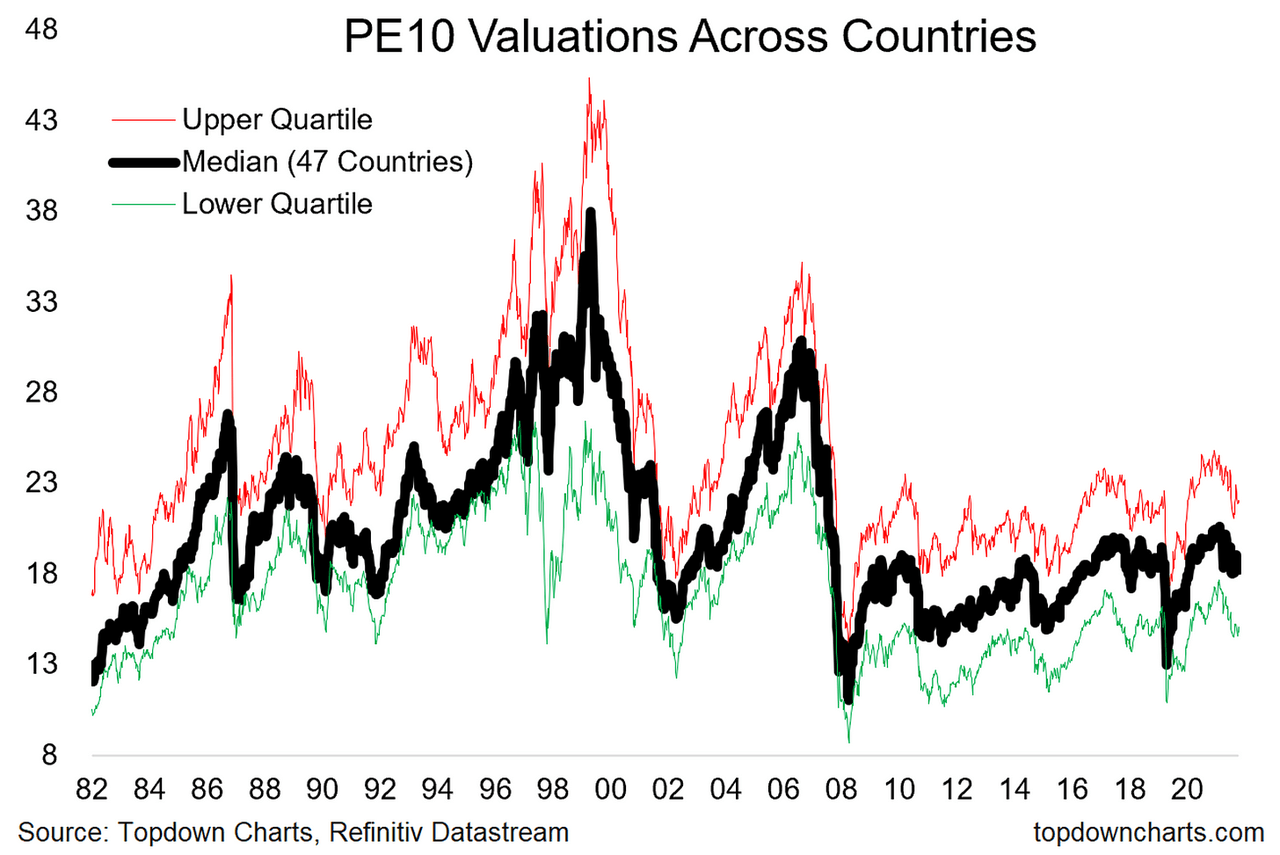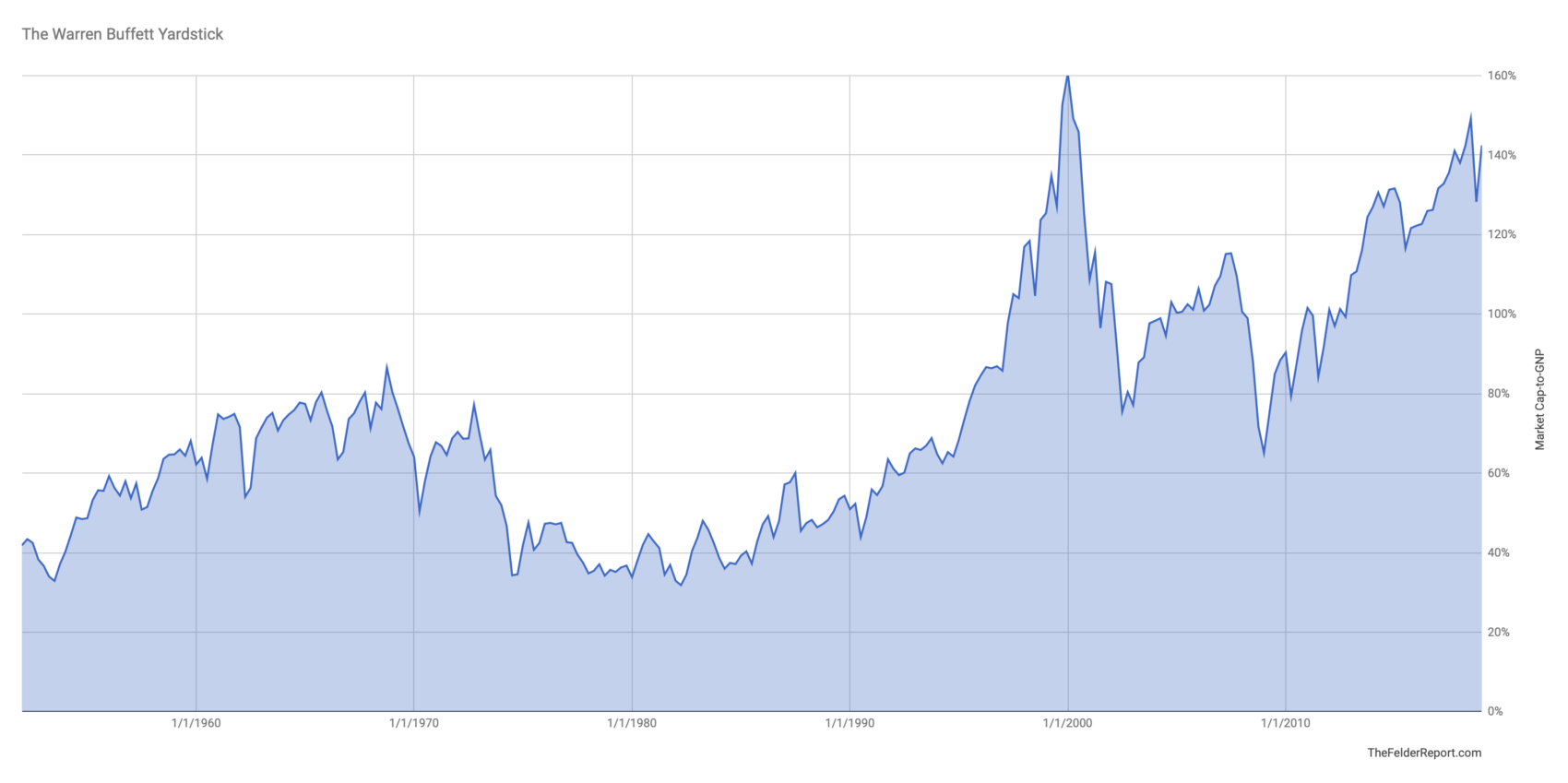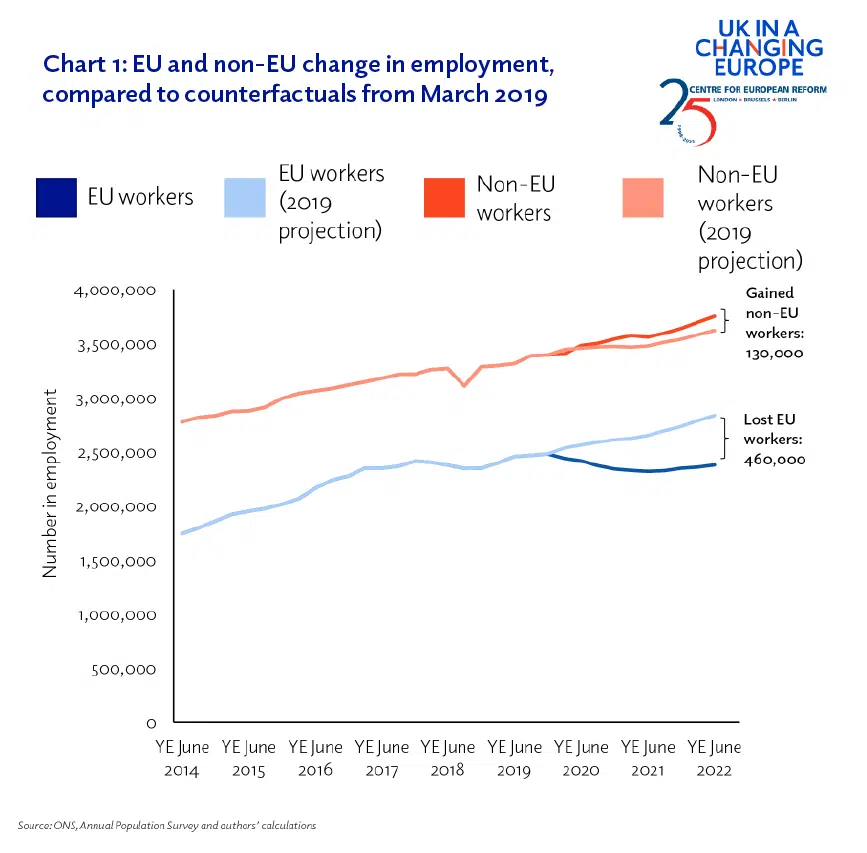Macron's Push For European Economic Independence: A Challenge To US Trade

Table of Contents
Motivations Behind Macron's Push for European Economic Independence
Reducing Reliance on US Technology and Supply Chains: Concerns over US technological dominance and potential supply chain vulnerabilities are central to Macron's strategy. The desire for European economic independence stems from a need to reduce reliance on external actors for critical technologies and resources.
- Concerns over US technological dominance and potential for supply chain disruptions. The COVID-19 pandemic starkly highlighted the risks of over-reliance on single sources for essential goods and technologies. This vulnerability extends to critical sectors like semiconductors, pharmaceuticals, and artificial intelligence.
- Emphasis on developing indigenous European technological capabilities (e.g., AI, semiconductors). Massive investments are being channeled into research and development to foster homegrown technological expertise and reduce dependence on US firms. The European Chips Act is a prime example of this strategy.
- Diversification of supply chains to reduce dependence on single sources, particularly the US. The EU aims to diversify its sourcing of raw materials and manufactured goods, forging stronger ties with other global partners to reduce its vulnerability to US-centric supply chains.
- Examples of specific sectors targeted for increased European self-sufficiency. This includes the energy sector (reducing reliance on Russian gas and promoting renewable energy), the digital sector (promoting data sovereignty and building European cloud infrastructure), and the defense sector (strengthening European defense capabilities).
Geopolitical Considerations and Strategic Autonomy: Macron's push for European economic independence is intrinsically linked to broader geopolitical goals. The aim is to enhance the EU's strategic autonomy and reduce its vulnerability to external pressures.
- Desire to reduce vulnerability to US foreign policy decisions impacting European economies. The EU seeks to lessen its susceptibility to unilateral US actions that could negatively affect its economic interests.
- Strengthening the EU's position in international negotiations and trade agreements. Greater economic independence empowers the EU to negotiate more effectively on the global stage, pursuing trade deals that better serve European interests.
- Increased resilience against economic coercion and sanctions. Reducing reliance on US technology and supply chains strengthens the EU's resilience against potential economic pressure or sanctions.
- Building a more multipolar world order less reliant on US hegemony. Macron envisions a more balanced global order where the EU plays a more prominent role, reducing dependence on US leadership.
Key Policies and Initiatives Promoting European Economic Independence
Investment in Strategic Industries: Significant financial resources are being allocated to bolster key sectors crucial for European economic independence.
- Targeted funding for research and development in key sectors (e.g., green technologies, digital economy). The EU's Recovery and Resilience Facility, for example, provides substantial funding for green and digital transitions.
- Incentives for domestic production and investment. Tax breaks, subsidies, and other incentives are offered to encourage European companies to invest in domestic production and create jobs.
- Protectionist measures to safeguard European industries from foreign competition. While advocating for free trade, the EU is also employing protectionist measures in certain sectors deemed strategically important.
- Examples of specific government initiatives and funding programs. The European Green Deal and the Digital Single Market are prime examples of comprehensive initiatives driving European economic independence.
Strengthening European Regulatory Frameworks: Harmonizing regulations and standards is key to creating a unified and competitive European market.
- Developing common European standards and regulations to create a single market. This facilitates cross-border trade and investment within the EU, strengthening the internal market.
- Promoting data sovereignty and control over digital technologies. The EU is working to establish greater control over its digital data and infrastructure, reducing dependence on US technology companies.
- Harmonizing tax policies to create a more competitive European business environment. Efforts are underway to reduce tax discrepancies across the EU, creating a more level playing field for businesses.
- Addressing concerns about regulatory divergence and fragmentation within the EU. Overcoming regulatory differences between member states is crucial for creating a truly unified market.
Reforming the EU's Trade Policy: A shift towards a more assertive and independent trade policy is underway.
- A shift towards a more assertive and independent trade policy. The EU is increasingly pursuing trade agreements that prioritize its interests, rather than simply aligning with US policies.
- Negotiating trade agreements that prioritize European interests. This includes emphasizing reciprocal market access and fair trade practices.
- Greater emphasis on reciprocity and fair trade practices. The EU is increasingly demanding fairer trade practices from its partners, including addressing issues like intellectual property rights and state subsidies.
- Potential challenges in reconciling national interests within the EU. Reaching consensus among the diverse member states on trade policy remains a significant challenge.
Impact on US-EU Trade Relations and Global Economy
Potential for Trade Tensions and Disputes: Macron's push for European economic independence could lead to increased friction with the US.
- Increased trade barriers and protectionist measures. The EU might implement protectionist measures to safeguard its strategic industries, potentially leading to trade disputes with the US.
- Disputes over subsidies and state aid. Differing views on permissible levels of government support for industries could spark trade conflicts.
- Challenges to existing trade agreements between the EU and the US. The pursuit of greater economic independence could lead to renegotiation or even termination of existing trade agreements.
- Potential for retaliatory measures from the US. The US might retaliate against perceived unfair trade practices by the EU, escalating trade tensions.
Implications for Global Trade and Economic Order: The shift towards European economic independence will reshape global trade dynamics.
- Shift in global economic power dynamics. The EU's increased economic independence could alter the balance of power in the global economy, reducing US dominance.
- Increased competition between the EU and the US in key sectors. This competition could drive innovation but also lead to trade friction.
- Potential impact on developing countries and global supply chains. The reshaping of global supply chains could impact developing countries that rely on trade with the US and EU.
- Re-shaping of alliances and international partnerships. The EU's move towards greater autonomy could lead to realignment of global alliances and partnerships.
Conclusion
President Macron's pursuit of European economic independence represents a profound shift in the geopolitical landscape and a direct challenge to the long-standing US dominance in global trade. While aiming for greater strategic autonomy and resilience, this initiative carries the potential for increased trade tensions with the US and a reshaping of global economic partnerships. Understanding the motivations, policies, and potential consequences of this drive toward European economic independence is crucial for navigating the complexities of the evolving global trade system. Further research and analysis into the interplay between European policy and US trade interests are needed to fully grasp the implications of this significant policy shift. Stay informed about the future developments in this area to understand the ongoing impact of Macron's push for European economic independence and its effects on global trade.

Featured Posts
-
 Raw Footage Pub Landladys Profane Tirade Following Staff Resignation
May 21, 2025
Raw Footage Pub Landladys Profane Tirade Following Staff Resignation
May 21, 2025 -
 Abn Amro Ziet Occasionverkopen Flink Toenemen Groeiend Autobezit Als Drijfveer
May 21, 2025
Abn Amro Ziet Occasionverkopen Flink Toenemen Groeiend Autobezit Als Drijfveer
May 21, 2025 -
 Quiz Integral Decouvrez La Loire Atlantique Grace A Ce Test
May 21, 2025
Quiz Integral Decouvrez La Loire Atlantique Grace A Ce Test
May 21, 2025 -
 Abn Amro Import Van Voedingsmiddelen Naar Vs Gehalveerd Door Heffingen
May 21, 2025
Abn Amro Import Van Voedingsmiddelen Naar Vs Gehalveerd Door Heffingen
May 21, 2025 -
 Promoting Trade Through Dialogue Switzerland And China On Tariffs
May 21, 2025
Promoting Trade Through Dialogue Switzerland And China On Tariffs
May 21, 2025
Latest Posts
-
 Bof As Analysis Addressing Concerns About Elevated Stock Market Valuations
May 21, 2025
Bof As Analysis Addressing Concerns About Elevated Stock Market Valuations
May 21, 2025 -
 Uk Luxury Brands Navigating Brexits Challenges In The Eu Market
May 21, 2025
Uk Luxury Brands Navigating Brexits Challenges In The Eu Market
May 21, 2025 -
 Investor Concerns About High Stock Market Valuations Bof As Response
May 21, 2025
Investor Concerns About High Stock Market Valuations Bof As Response
May 21, 2025 -
 Analysis Brexit And The Decline Of Uk Luxury Exports To The Eu
May 21, 2025
Analysis Brexit And The Decline Of Uk Luxury Exports To The Eu
May 21, 2025 -
 Why Current Stock Market Valuations Are Not A Threat Bof As View
May 21, 2025
Why Current Stock Market Valuations Are Not A Threat Bof As View
May 21, 2025
